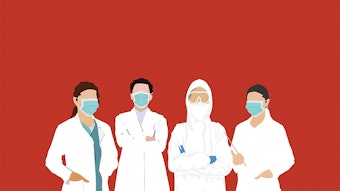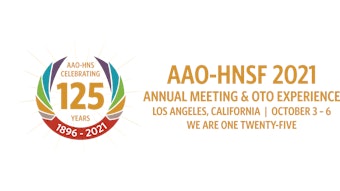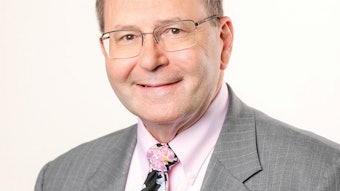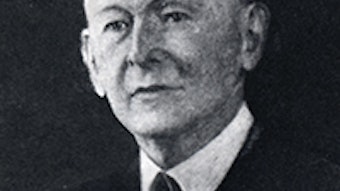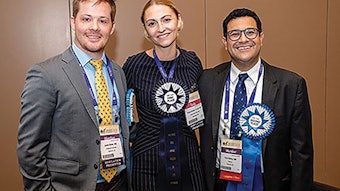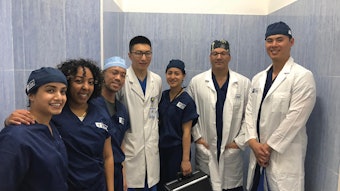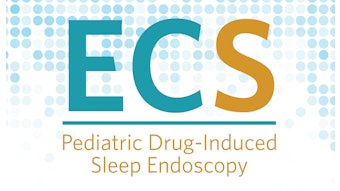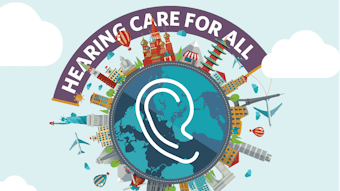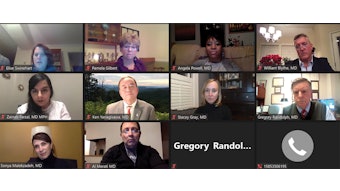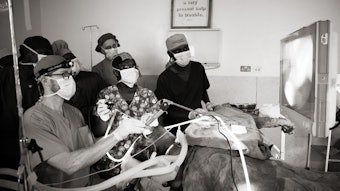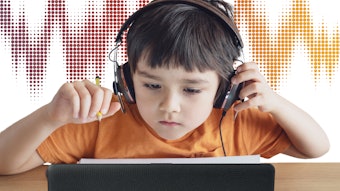From the Education Committees: Pediatric Otolaryngology in the Time of COVID-19
Initially we thought this pandemic would affect primarily adult patients, but it has become clear that it has had a significant impact on the practice of pediatric otolaryngology.
Brianne Barnett Roby, MD, for the Pediatric Otolaryngology Education Committee
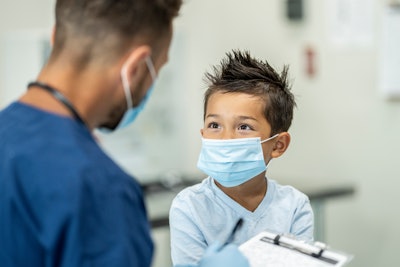
"Kids don’t get sick from COVID.” “Children are only contagious if they have symptoms.”
These were statements made early in the pandemic about the pediatric population, so why did it feel like practicing as a pediatric otolaryngologist suddenly came to a halt in the spring of 2020?
The Governor of Minnesota issued a statewide mandate that all elective surgeries were put on hold. Surgeries that were allowed under the order were to “... prevent loss of life, permanent dysfunction of an organ or limb, or prevent spread of cancer.” In some situations, such as a foreign body aspiration, severe subglottic stenosis, or malignancy, the guidelines to proceed with surgery were clear. However, this phrase “permanent dysfunction of an organ” created an ethical dilemma for many pediatric otolaryngologists. How long can one delay a cochlear implant in an infant with congenital hearing loss before long-term outcomes worsen? How long should cleft palate repair be delayed without impacting speech development? The internal debate between sacrificing for the good of society by limiting the amount of PPE I used versus advocating for my patients to ensure that they had the best outcomes was constant. Numerous conversations were held—not only among my partners, but among my friends and colleagues around the country—sharing the same struggles to do what is best.
As summer arrived and hospitals returned to “the new normal” with elective procedures, a recognition that the societal shift in working from home, distance learning, and avoiding social situations would impact pediatric otolaryngology was quickly realized at our institution. Young kids who don’t go to daycare don’t get ear infections and require PE tubes. Strep throat doesn’t run rampant around a classroom so fewer patients need adenotonsillectomy. The most common cases performed in pediatric patients in the past have had a dramatic decline this last year, and with ongoing social distancing, it may be a long time before those cases increase again.
Locally there has also been a shift in pediatric facial trauma. Only time will ultimately give the final data, but anecdotally there has been an increase in dog bites to the face. This is likely a result of the phenomenon of “pandemic puppies” with a higher percentage of people in the United States getting puppies while they are working from home as well as kids spending more time at home instead of daycare or school. The combination of higher levels of stress, people more likely to spend time at home, and younger puppies is resulting in the local uptick in bites. Similarly, for quite some time, all team sports were cancelled. This meant fewer facial injuries from basketball, football, and hockey but more injuries from biking accidents, trampolines, and other activities at home.
What has become clear is that pediatric patients can and will get sick from COVID-19. Common pediatric problems, such as subperiosteal abscess from sinusitis, neck abscess, or croup, are being diagnosed in COVID-19 positive patients. What previously may have been simple decision-making for management now requires an additional step. “Should I do anything different since the patient has COVID?” “Is it better to do surgery sooner so they get out of the hospital faster or try to avoid surgery altogether and allow antibiotics to treat?” “Should I perform external approach for draining the orbital abscess instead of endoscopic?”
Ultimately the goal is to keep staff and patients safe. Pediatric patients aren’t necessarily able and willing to wear masks in a waiting room. Many kids typically might drop a toy on the ground and then put in their mouths or grab for toys or other objects in a waiting area or exam room. Therefore we’ve drastically reduced the number of patients scheduled in clinic at a time to limit the number of patients and families waiting. Limitations have been placed so that siblings are not allowed at appointments, and it is strongly encouraged that just one parent attend the appointment. Simple procedures routinely done in a pediatric otolaryngology clinic, such as ear and nasal foreign body removal, were transitioned early on in the pandemic to be done in sedation units as the concern that an upset child could easily aerosolize secretions when agitated.
Initially we thought this pandemic would affect primarily adult patients, but it has become clear that it has had a significant impact on the practice of pediatric otolaryngology. The long-term impact remains to be seen.
